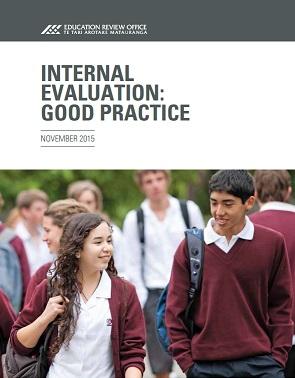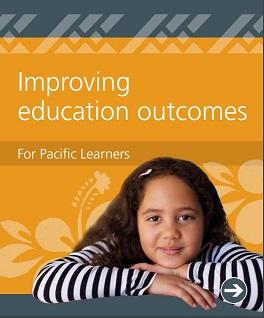Partners in Learning
Published: 25 Aug 2016
Strong connections between schools and parents and whānau are essential to accelerating the achievement of our kids, particularly those at risk of underachieving. This booklet helps parents, families and whānau to form effective relationships and educationally powerful connections.
- Audience:
- Parents
- Content type:
- Research
- Topics:
- Aiga
- Parents
- Whānau
- Progress
- Guides for parents







